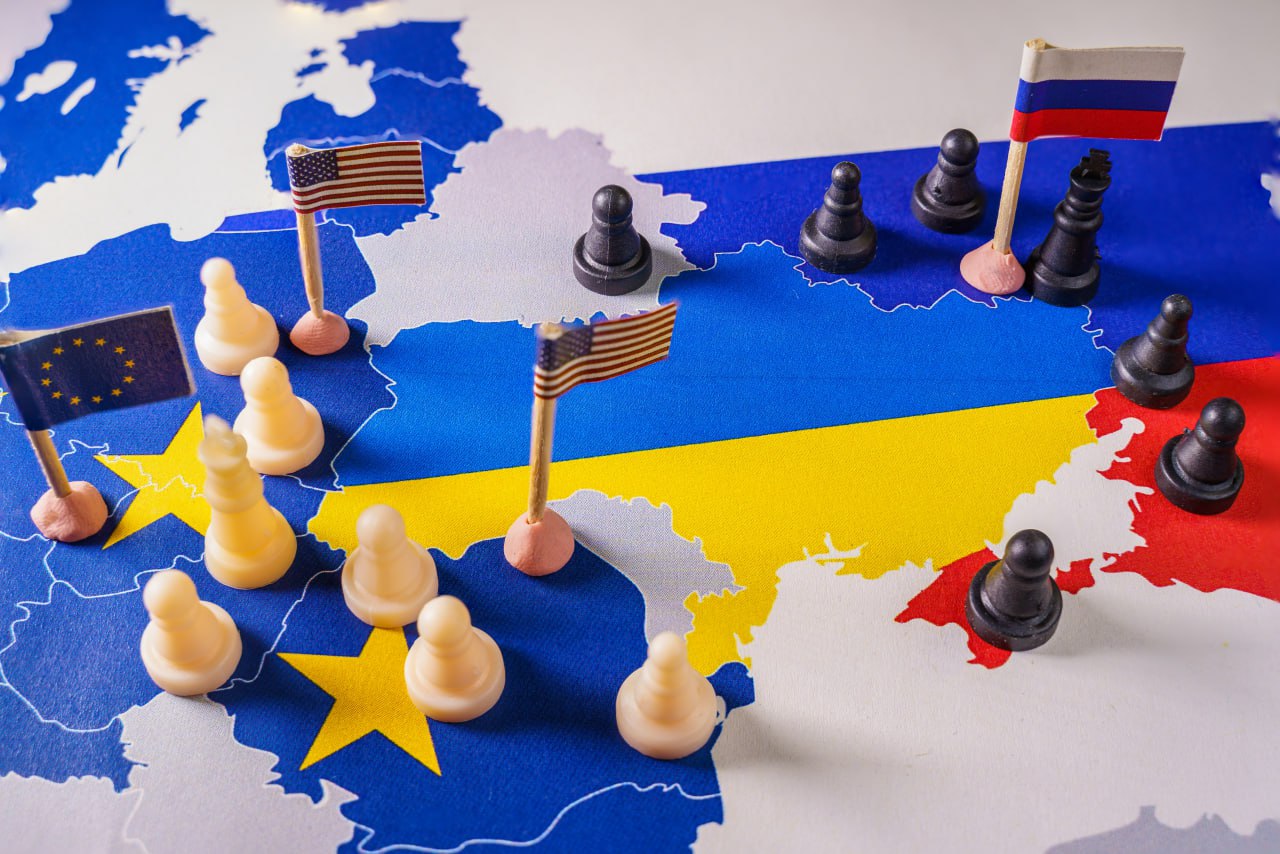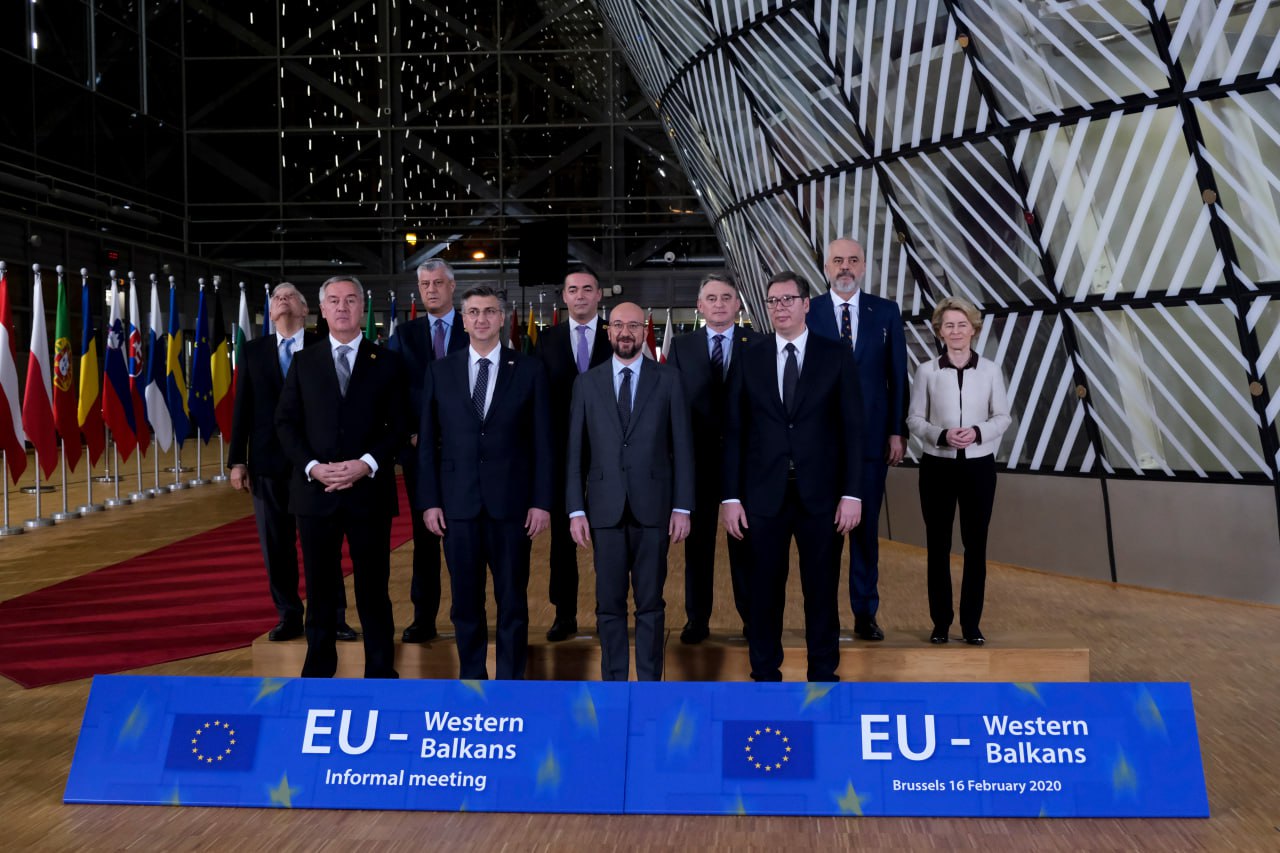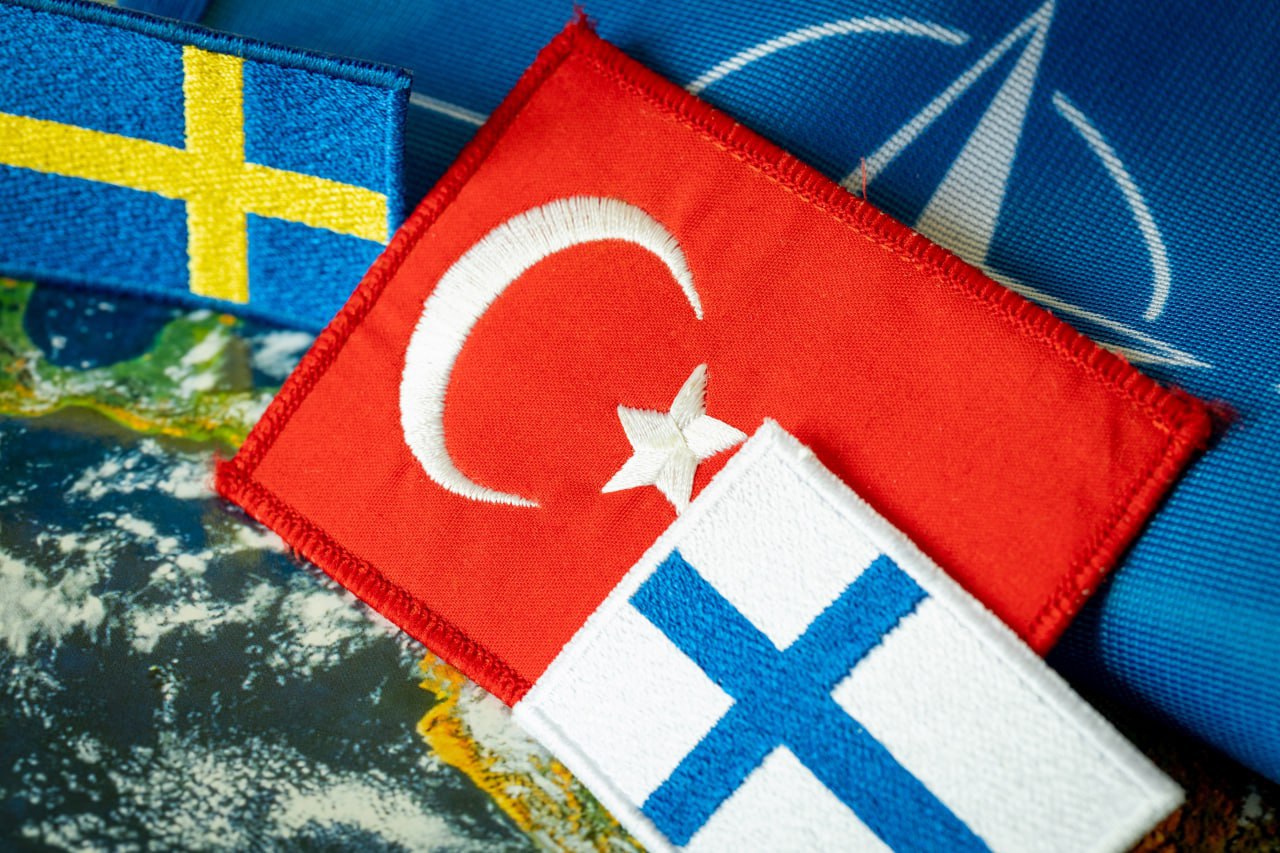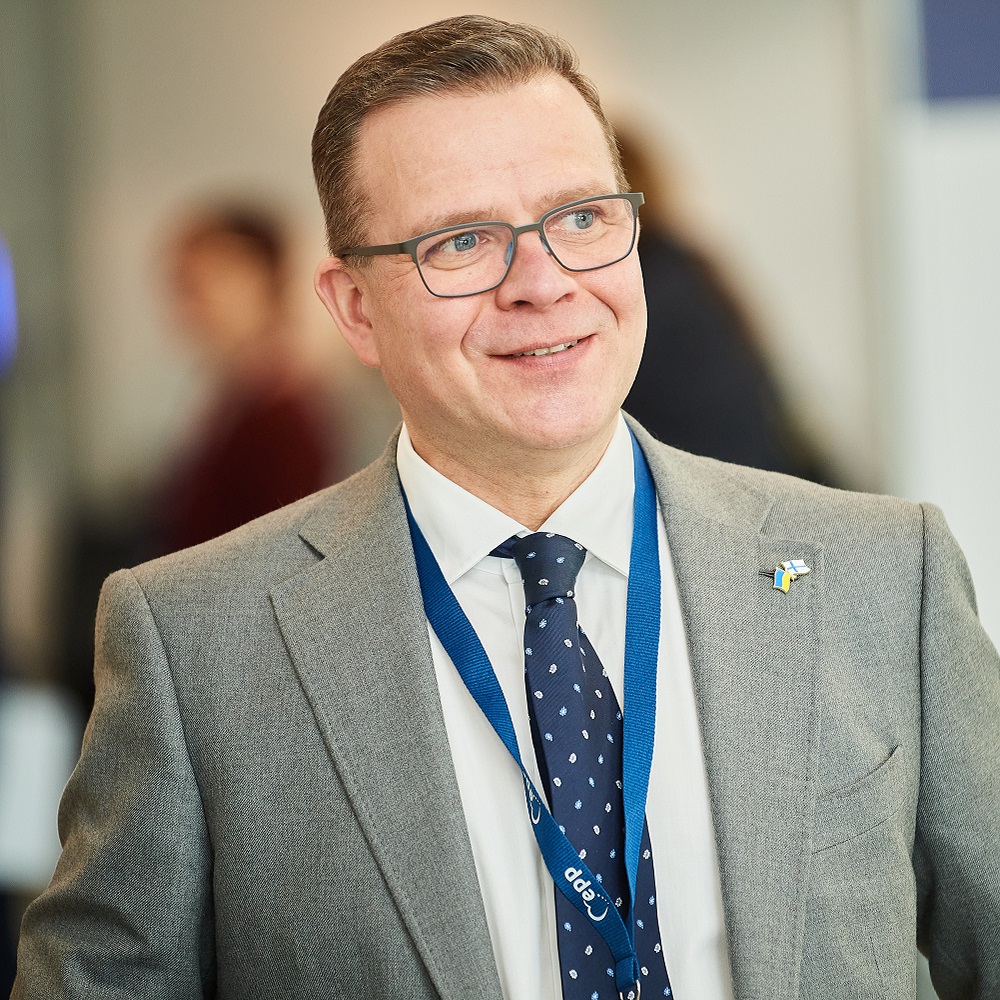
The end of the end of history
by Marc Saxer
With China’s rise and Russia’s war, the unipolar moment after the triumph of the West in the Cold War is over. Five scenarios for a new world order. With the invasion of Ukraine, Russia effectively destroyed the European peace order. Now, Europe needs to find ways to contain its aggressive neighbour, while its traditional protector, the United States, continues its shift of focus to the Indo-Pacific. This task, however, becomes impossible when China and Russia are driven into each other’s arms because, if anything, the key to end the war in Ukraine lies in Beijing. China hesitates to be dragged into this European war as bigger questions are at stake for the emerging superpower: Will the silk road be wrecked by a new iron curtain? Shall it stick to its ‘limitless alliance’ with Russia? And what about the territorial integrity of sovereign states? In short: for China, it is about the world order. The unipolar moment after the triumph of the West in the Cold War is over. The war in Ukraine clearly marks the end of the Pax Americana. Russia and China openly challenge American hegemony. Russia may have proven to be a giant with clay feet, and has inadvertently strengthened the unity of the West. But the shift of the global balance of power to East Asia is far from over. In China, the United States has encountered a worthy rival for global predominance. But Moscow, Delhi, and Brussels also aspire to become power hubs in the coming multipolar order. So, we are witnessing the end of the end of history. What comes next? To better understand how world orders emerge and erode, a quick look at history can be helpful.What is on the menu?Over the course of the long 19th century, a great power concert has provided stability in a multipolar world. Given the nascent state of international law and multilateral institutions, congresses were needed to carefully calibrate the balance between different spheres of interest. The relative peace within Europe, of course, was dearly bought by the aggressive outward expansion of its colonial powers. This order was shattered at the beginning of the World War I. What followed were three decades of disorder rocked by wars and revolutions. Not unlike today, the conflicting interests of great powers collided without any buffer, while the morbid domestic institutions could not mitigate the devastating social cost of the Great Transformation. With the founding of the United Nations and the Universal Declaration of Human Rights, the foundations of a liberal order were laid after the end of World War II. However, with the onset of the Cold War, this experiment quickly ran into a quagmire. Pinched between two antagonistic blocs, the United Nations was in a deadlock for decades. From the Hungarian Revolution over the Prague Spring to the Cuban missile crisis, peace between the nuclear powers was maintained through the recognition of exclusive zones of influence. After the triumph of the West in the Cold War, American hyperpower quickly declared a new order for a now unipolar world. In this liberal world order, rule-breaking was sanctioned by the world’s policeman. Proponents of the liberal world order pointed to the rapid diffusion of democracy and human rights around the globe. Critics see imperial motifs at work behind the humanitarian interventions. But even progressives place great hopes in the expansion of international law and multilateral cooperation. Now that the West is mired in crises, global cooperation is again paralysed by systemic rivalry. From the war in Georgia over the annexation of Crimea to the crackdown in Hong Kong, the recognition of exclusive zones of influence is back in the toolbox of international politics. After a short heyday, the liberal elements of the world order are jammed again. China has begun to lay the foundations of an illiberal multilateral architecture.How will great power competition play out?In the coming decade, the rivalries between great powers are likely to continue with undiminished vigour. The ultimate prize of this great power competition is a new world order. Five different scenarios are conceivable. First, the liberal world order could survive the end of the unipolar American moment. Second, a series of wars and revolutions can lead to the total collapse of order. Third, a great power concert could bring relative stability in a multipolar world but fail to tackle the great challenges facing humanity. Fourth, a new cold war may partly block the rule-based multilateral system, but still allow for limited cooperation in questions of common interest. And finally, an illiberal order with Chinese characteristics. Which scenario seems the most probable? Many believe that democracy and human rights need to be promoted more assertively. However, after the fall of Kabul, even liberal centrists like Joe Biden und Emmanuel Macron have declared the era of humanitarian interventions to be over. Should another isolationist nationalist like Trump or others of his ilk come to power in Washington, London, or Paris, the defence of the liberal world order would once and for all be off the agenda. Berlin is in danger of running out of allies for its new value-based foreign policy. In all Western capitals, there are broad majorities across the ideological spectrum that seek to up the ante in the systemic rivalry with China and Russia. The global reaction to the Russian invasion shows, however, that the rest of the world has very little appetite for a new bloc confrontation between democracies and autocracies. The support for Russia’s attack on the sovereignty and territorial integrity of Ukraine – values especially smaller countries unwaveringly adhere to – should not be read as sympathy for a Russian or Chinese-led order, but as deep frustration over the US empire. Seen from the Global South, the not-so-liberal world order was merely a pretext for military interventions, structural adjustment programmes, and moral grandstanding. Now, the West comes to realise that in order to prevail geopolitically, it needs the cooperation of undemocratic powers from Turkey to the Gulf monarchies, from Singapore to Vietnam. The high-minded rhetoric of the systemic rivalry between democracies against autocracies is prone to alienate these much-needed potential allies. But if even the West were to give up on universalism of democracy and human rights, what would be left of the liberal world order? Are the great power rivalries that play out in the background of the war in Ukraine, the coups in Western Africa and the protests in Hong Kong only the beginning of a new period of wars, coups, and revolutions? The ancient Greek philosopher Thucydides already knew that the competition between rising and declining great powers can beget great wars. So, are we entering a new period of disorder? Not only in Moscow and Beijing, but also in Washington, there are thinkers that seek to mitigate these destructive dynamics of the multipolar world through a new concert of great powers. The coordination of great power interests in fora from the G7 to the G20 could be the starting point for this new form of club governance. The recognition of exclusive zones of influence can help to mitigate conflict. However, there is reason for concern that democracy and human rights will be the first victims of such high-powered horse-trading. This form of minimal cooperation may also be inadequate to tackle the many challenges humankind is facing from climate change over pandemics to mass migration. The European Union, an entity based on the rule of law and the permanent harmonisation of interests, may have a particularly hard time to thrive in such a dog-eat-dog world. Not only in Moscow, some fantasise about a revival of imperialism that negates the right to self-determination of smaller nations. This dystopian mix of technologically supercharged surveillance state on the inside and never ending proxy wars on the outside is eerily reminiscent of George Orwell’s 1984. One can only hope that this illiberal neo-imperialism is shattered in the war in Ukraine. The Russian recognition of separatist provinces of a sovereign state have rung the alarm bells in Beijing. After all, what if Taiwan follows this model and declares its independence? At least rhetorically, Beijing has returned to its traditional line of supporting national sovereignty and condemning colonialist meddling in internal affairs. There are debates in Beijing whether China should really side with a weakened pariah state and retreat behind a new iron curtain, or would benefit more from an open and rules-based global order. So, what is this ‘Chinese Multilateralism’ promoted by the latter school of thought? On the one hand, a commitment to international law and cooperation to tackle the great challenges facing humankind, from climate change over securing trade routes to peacekeeping. However, China is only willing to accept any framework for cooperation if it is on equal footing with the United States. This is why Beijing takes the United Nations Security Council seriously, but tries to replace the World Bank and the International Monetary Fund with its own institutions such as the Asian Infrastructure Investment Bank. If Chinese calls for equal footing are rejected, Beijing can still form its own geopolitical bloc with allies across Eurasia, Africa, and Latin America. In such an illiberal order, there would still be rule-based cooperation, but no longer any institutional incentives for democracy and human rights.Hard choices: what should we strive for?Alas, with a view of containing an aggressive Russia, a rapprochement with China may have its merits. For many in the West, this would require an about-face. After all, the recently fired German admiral Schönbach was not the only one who wanted to enlist Russia as an ally for a new cold war with China. Even if Americans and Chinese would bury the hatchet, a post-liberal world order would pose a predicament for Western societies. Is the price for peace really the right to self-determination of peoples? Is cooperation to tackle the great challenges facing humankind contingent on the rebuttal of the universality of human rights? Or is there still a responsibility to protect, even when the atrocities are committed in the exclusive zone of influence of a great power rival? These questions go right to the West’s normative foundation. Which order will prevail in the end will be determined by fierce great power competition. However, who is willing to rally around the banner of each different model differs significantly. Only a narrow coalition of Western states and a handful of Indo-Pacific value partners will come to the defence of democracy and human rights. If this Western-led alliance of democracies loses the power struggle against the so-called axis of autocracies, the outcome could well be an illiberal world order with Chinese characteristics. At the same time, the defence of international law, especially the inviolability of borders and the right to self-defence, are generally in the interest of democratic and authoritarian powers alike. An alliance for multilateral cooperation with the United Nations at its core finds supports across the ideological spectrum. Finally, there could be issue-based cooperation between different centres. If ideological differences are set aside, hybrid partners could cooperate, for instance, in the fight against climate change or piracy, but be fierce competitors in the race for high-tech or energy. Thus, it would not be surprising if the United States were to replace their ‘alliance of democracies’ with a more inclusive coalition platform. Politically, Germany can only survive within the framework of a united Europe. Economically, it can only prosper in open world markets. For both, a rules-based, multilateral order is indispensable. Given the intensity of today’s systemic rivalry, some may doubt its feasibility. However, it is worth remembering that even at the heyday of the Cold War, within the framework of a constrained multilateralism, cooperation based on common interests did occur. From arms control over the ban of the ozone-killer CFC to the Helsinki Accords, the balance sheet of this limited multilateralism was not too bad. In view to the challenges facing humankind, from climate change over pandemics to famines, this limited multilateralism may just be the best among bad options. For what is at stake is the securing of the very foundations of peace, freedom, unity, and prosperity in Europe.












